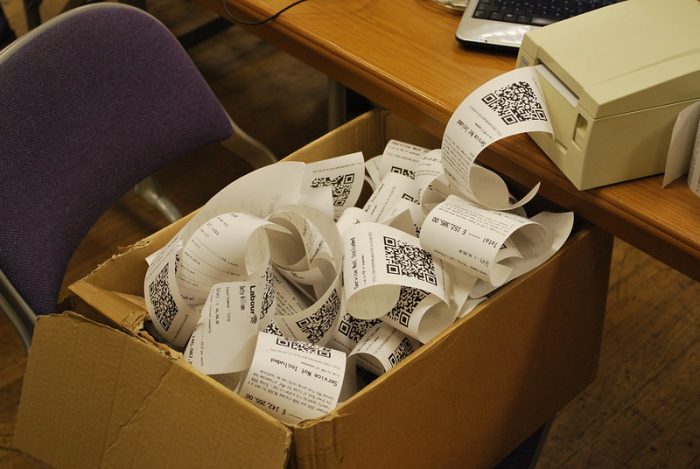
Over the last week, journalists of color have been talking about the racism and discrimination they’ve faced while working in newsrooms.
Many journalists have shared their stories on Twitter, often risking job security and violating NDAs to do so. One story is one story, but as the stories pile on top of each other, it becomes obvious that racism in news media is institutionalized across the United States — from newsrooms large and small, in towns and cities, at legacy publications, television stations, and digital startups.
Nieman Lab is amplifying these stories in this thread, which we’ll continue to update indefinitely. Please read (or read in unrolled form here), and if you’d like to share your story or point us to one you’ve already shared, we’ll add it to the thread.
Over the last week, journalists of color have been talking about the racism and discrimination they've faced while working in newsrooms. Their experiences show that that racism in news media is institutionalized. We're collecting their tweets here (THREAD).
— Nieman Lab (@NiemanLab) June 11, 2020